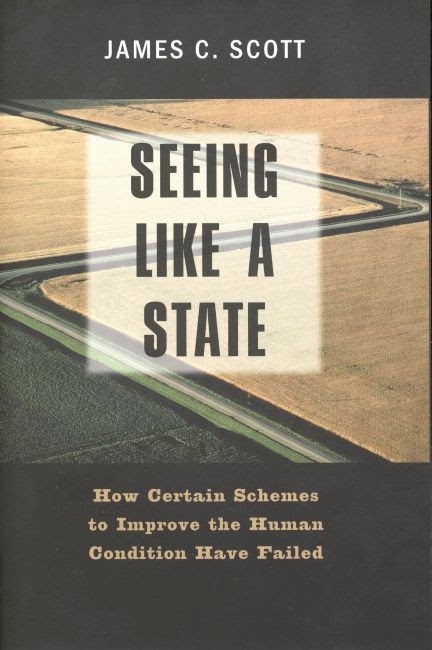
International development is social engineering, yes, but with a social justice lens. Its success hangs on its ability to translate intention into action, the offer of foreign assistance into local appropriation, application and transformation. Redundancy should be its metric of success, yet international development has become a steady career track for young westerners, many plied with advanced degrees in its theories and operational models. None of this--the academic programs, the career tracks--existed twenty years ago. The simple vocational appeal of 'working oneself out of a job' is long gone.
In the increasing professionalization and careerism of foreign aid (development & disaster relief), what is sacrificed are the years of fieldwork needed to cultivate a hands-on appreciation of destitution itself, the human suffering and loss of potential that ensues, and their causal origins in failed public institutions and cynical leadership. Academic degrees now matter more in development than field experience; the truism that local immersion is the best—many would say only—teacher is no longer followed. In my travels and teachings, I notice among students and young development professionals an unspoken disregard for living at the village level or heart of an urban slum for any period of time. There one is bereft of social media, most modern technology and infrastructure. Life must be experienced purely on local terms. Discomfort with vulnerability and perceived risk may be part of this rejection, but personal security is almost always a question of local networks.
Read the rest of this short analysis over at Medium...